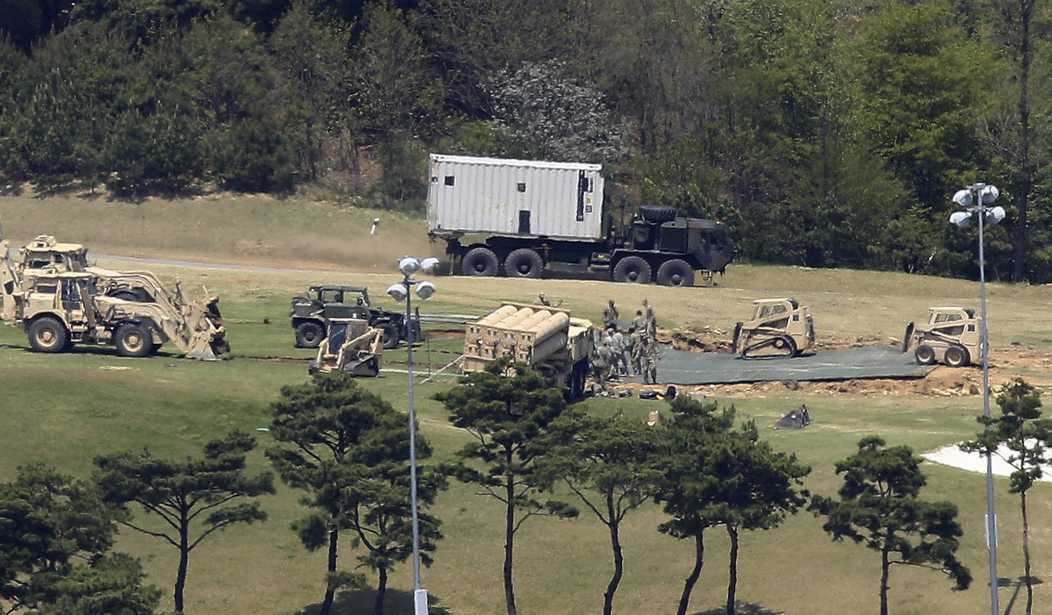North Korea launched an intermediate-range ballistic missile today, but it only lasted about 15 minutes in the air before exploding.
The latest missile test came just after a ministerial session of the UN Security Council to discuss how to rein in Kim Jong-un’s regime.
Yonhap news agency reported that South Korea’s Joint Chiefs of Staff was analyzing the results of North Korea’s test and was also on alert for further provocations.
“North Korea fired an unidentified missile from a site in the vicinity of Bukchang in Pyeongannam-do (South Pyeongan Province) in the northeastern direction at around 5:30 a.m today,” South Korea’s Joint Chiefs said in a statement. “It is estimated to have failed.”
U.S. Pacific Command said the missile, believed to be a KN-17 intermediate-range ballistic missile, never even reached the Sea of Japan and crumbled over North Korean territory.
White House press secretary Sean Spicer released a very brief statement on the test: “The administration is aware of the most recent North Korean missile test. The president has been briefed.”
It was the Kim regime’s ninth missile launch of the year, and the third consecutive test for the KN-17. The missile is believed to be a variant of a Scud or North Korea’s No Dong, which can travel just over 900 miles carrying a single nuclear or chemical warhead.
North Korea fired off a ballistic missile April 15, but it exploded moments after lifting off. The source was the Sinpo naval base, where an intermediate-range projectile was fired into the Sea of Japan on April 4.
“The situation on the Korean Peninsula is at the most unstable point since the armistice and today’s missile launch is further proof of that,” said Sen. Cory Gardner (R-Colo.), chairman of the Senate Foreign Relations Subcommittee on East Asia, the Pacific, and International Cybersecurity, in a statement. “I support the Trump administration’s new maximum pressure policy and, as part of that approach, I continue to call on the president to fully enforce my legislation, the North Korea Sanctions and Policy Enhancement Act.”
“If fully enforced, the North Korea Sanctions and Policy Enhancement Act has the potential to economically cripple the North Korean regime and to help ensure China works more faithfully with the United States, Japan, and South Korea to stop the madman in Pyongyang,” Gardner added. “The United States must also continue show of strength exercises in coordination with our allies, so that North Korea understands that all options are on the table to deter aggression.”









Join the conversation as a VIP Member